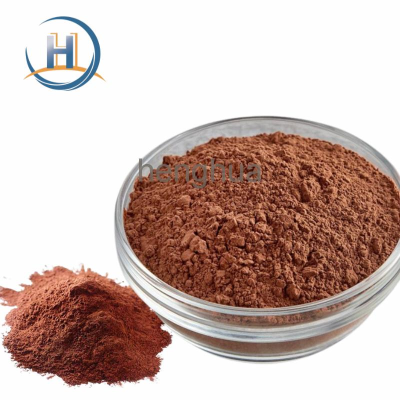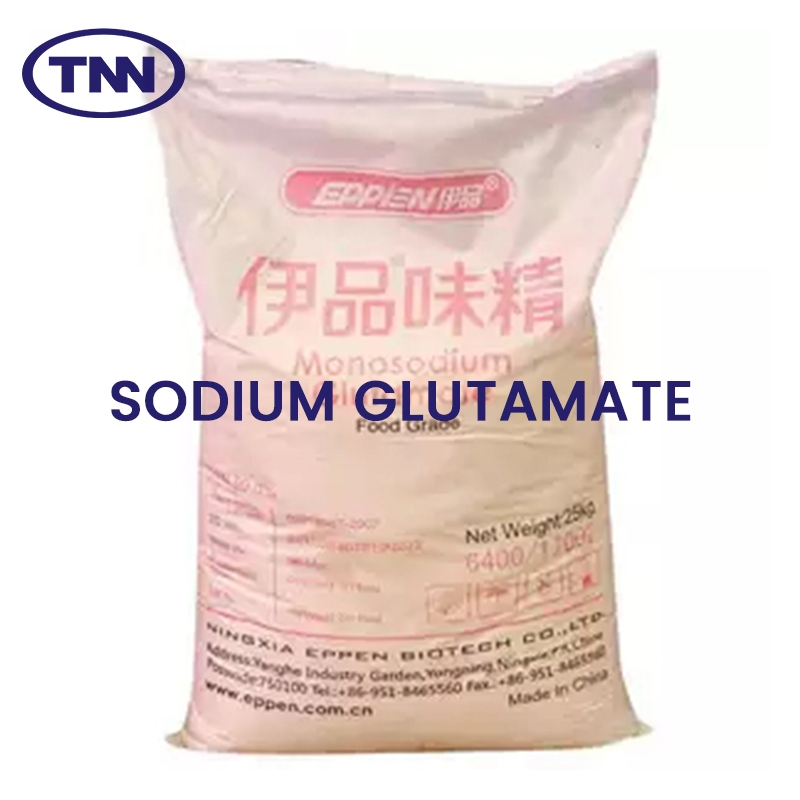-
Categories
-
Pharmaceutical Intermediates
-
Active Pharmaceutical Ingredients
-
Food Additives
- Industrial Coatings
- Agrochemicals
- Dyes and Pigments
- Surfactant
- Flavors and Fragrances
- Chemical Reagents
- Catalyst and Auxiliary
- Natural Products
- Inorganic Chemistry
-
Organic Chemistry
-
Biochemical Engineering
- Analytical Chemistry
-
Cosmetic Ingredient
- Water Treatment Chemical
-
Pharmaceutical Intermediates
Promotion
ECHEMI Mall
Wholesale
Weekly Price
Exhibition
News
-
Trade Service
.
The Turkish Ministry of Agriculture and Forestry is revising the import requirements for tomatoes (Solanum lycopersicum), peppers (Capsicum spp.
) and pumpkin seeds (Cucurbita pepo) imported into Turkey from all countries
.
In Turkey, New Delhi Tomato Leaf Curl Virus (ToLCNDV) is a harmful virus that appears in many plants of the Cucurbitaceae and Solanaceae plants grown in many Turkish families
.
It is currently unknown that Turkey has a large number of host pathogens
.
Because the virus has also been found in some nearby countries, and its host range is very wide, it poses a huge and great risk to Turkey
.
.
It is currently unknown that Turkey has a large number of host pathogens
.
Because the virus has also been found in some nearby countries, and its host range is very wide, it poses a huge and great risk to Turkey
.
Tomato mottle mosaic virus (TomMV) is a virus that can damage various products, especially tomatoes (Solanum lycopersicum) and peppers (Capsicum annuum), and can be spread through seeds
.
Since it belongs to the tobacco mosaic virus group, it may be spread through seeds
.
.
Since it belongs to the tobacco mosaic virus group, it may be spread through seeds
.
The main host of TASvd is Solanum lycopersicum, but it also exists in Capsicum annuum
.
.
Goldfish flower latent virus (CLVd) is harmful to a variety of plants in the Solanaceae family, especially tomatoes
.
.
Pepper fruit virus (PCFVd) is harmful to Solanaceae plants, especially to peppers and tomatoes
.
.
The main host of tomato chlorotic dwarf virus (TCDVd) is Solanum lycopersicum, which can also be found in some ornamental plants
.
Viruses pose a huge threat to Turkey
.
.
Viruses pose a huge threat to Turkey
.
In view of the worldwide spread of such virus hosts, in order to prevent the virus hosts from entering Turkey through seeds and spreading in Turkish production sites within its territory:
For tomato (Solanum lycopersicum) seeds imported from all countries from September 15, 2021, they will be required to attach a certification statement on the phytosanitary certificate, stating:
It is derived from the undiscovered tomato mottle mosaic virus (ToMMV), tomato topping virus (TASVd), goldfish latent virus (CLVd), pepper small fruit virus (PCFVd) and tomato chlorotic dwarf virus ( TCDVd) and other countries that have not yet been discovered, or are known to have tomato mottle mosaic virus (ToMMV), tomato topping virus (TASVd), goldfish latent virus (CLVd), pepper small fruit virus (PCFVd) and tomato Areas of chlorotic dwarf virus (TCDVd):
a.
The seeds originate from a production site that is known to be uncontaminated;
The seeds originate from a production site that is known to be uncontaminated;
b.
The name of the place of production;
The name of the place of production;
c.
The exporting country used the RT-PCR method to analyze the seeds of ToMMV, TASVd, CLVd, PCFVd and TCDVd, and the results showed that the product did not contain the host of these viruses
.
The exporting country used the RT-PCR method to analyze the seeds of ToMMV, TASVd, CLVd, PCFVd and TCDVd, and the results showed that the product did not contain the host of these viruses
.
For capsicum (Capsicum annuum) seeds imported from all countries from September 15, 2021, a certification statement will be required to be attached to the phytosanitary certificate, stating:
It is derived from the Tomato Mottle Mosaic Virus (ToMMV) and Tomato Mosaic Virus that have not yet been found
(TASVd) and pepper small fruit virus (PCFVd) and other countries that have not yet been discovered, or areas where tomato mottle mosaic virus (ToMMV), tomato top shrinkage virus (TASVd) and pepper small fruit virus (PCFVd) are known to exist :
a.
The seeds originate from a production site that is known to be uncontaminated;
The seeds originate from a production site that is known to be uncontaminated;
b.
The name of the place of production;
The name of the place of production;
c.
The exporting country uses the RT-PCR method to analyze the seeds of ToMMV, TASVd, PCFVd, and the results show that the product does not contain the host of these viruses
.
The exporting country uses the RT-PCR method to analyze the seeds of ToMMV, TASVd, PCFVd, and the results show that the product does not contain the host of these viruses
.
For pumpkin (Cucurbita pepo) seeds imported from all countries from September 15, 2021, a certification statement will be required to be attached to the phytosanitary certificate, stating:
It originates from countries where the New Delhi Tomato Leaf Curl Virus (ToLCNDV) has not yet been discovered, or the areas where the New Delhi Tomato Leaf Curl Virus (ToLCNDV) is known to exist:
a.
The seeds originate from a production site that is known to be uncontaminated;
The seeds originate from a production site that is known to be uncontaminated;
b.
The name of the place of production;
The name of the place of production;
c.
The exporting country uses the RT-PCR method to analyze the seeds of ToLCNDV, and the results show that the product does not contain these hosts of these viruses
.
The exporting country uses the RT-PCR method to analyze the seeds of ToLCNDV, and the results show that the product does not contain these hosts of these viruses
.
For details, see: http://spsims.
wto.
org/en/EmergencyNotifications/View/173682?FromAllNotifications=True
wto.
org/en/EmergencyNotifications/View/173682?FromAllNotifications=True







